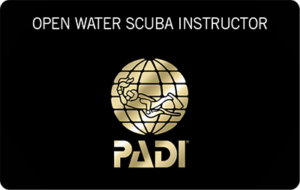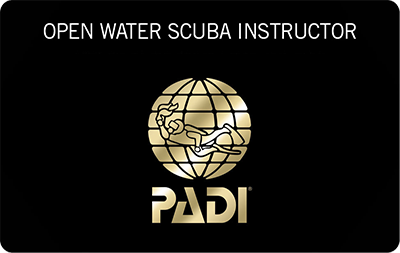So, you’ve been diving for a while and absolutely love it! You think to yourself ‘man, I’d love to do this for a living, I wonder how I can become an instructor like the lovely dive HQ one that took my course!’
Well, look no further. The purpose of this blog is to tell you about what it takes to be a PADI instructor, and what you can expect over a PADI IDC (Instructor Development Course).
I[Max] completed my IDC (Instructor Development Course) and IE (Instructors Exam) at the end of 2022.
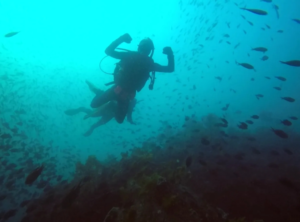
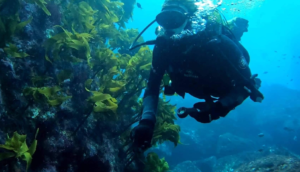
So, what did it take for me to achieve this? Well, it’s a combination of trying to reach the grand total of at least one hundred dives, studying to pass the written and oral exams, and getting stuck in with skills training for the practical assessment. There are five theory exams, being; equipment, physics, physiology, RDP (dive tables) and general environment along with a standards exam. These are fairly easy to pass if you do your study and work hard, and shouldn’t be a worry for you at this point in your diving career.
The theory goes much more in depth than any other PADI course, or its more like combining lots of courses into one. You learn as much during an IDC as you would in the Equipment Techniques Specialty, or the Search and Recovery Specialty and so much more. And let me tell you, you will never forget how to use an RDP table again.
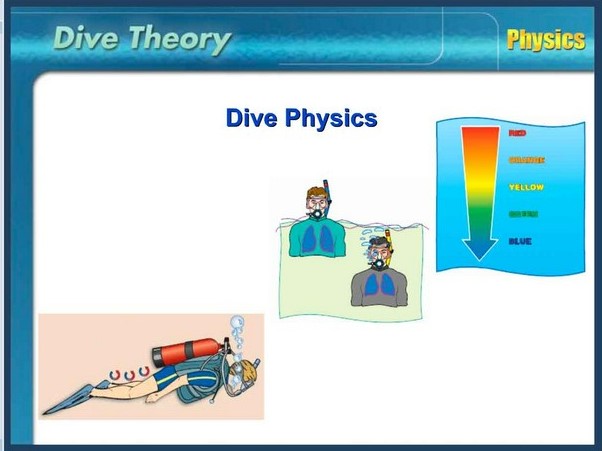
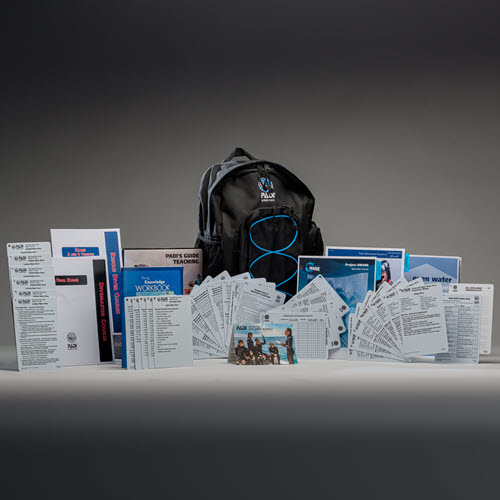
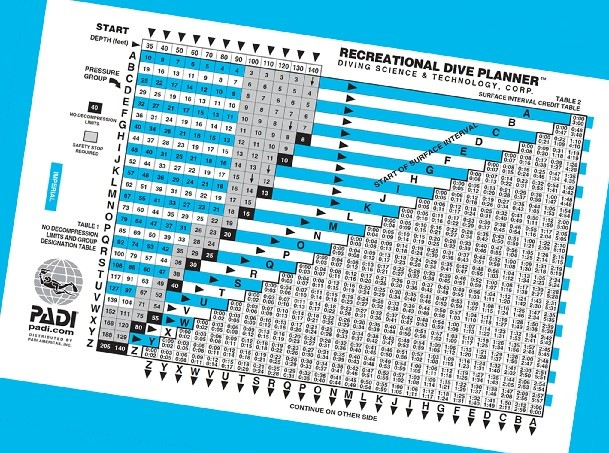
The practical assessment of the IDC is very standards focused. A standard, in PADI’s terms, is displaying a level of quality in your actions. You must demonstrate you have mastery over a specific skill, which completes the instructor standard. You are tasked with teaching a skill to your course-mates, and correcting any problems that may occur during their rendition of the skill. For example, I was teaching a mask clearing skill and student one demonstrated perfect form, while student two stuck his octo underneath his mask and purged it in an attempt to rid it of water. Your job as the instructor, in this situation (because it is not immediately life endangering), is to correct the student to the right method after they have finished. If it was the regulator recovery skill, that is a lot more dangerous. If a student cannot find their regulator, as the instructor, you must take charge and grab it for them, before showing them what they were doing wrong. The student then must retry the skill again and again until they successfully recover the regulator on their own. It is very much about issue recognition, and how long it takes for you to fix it, because if you took too long, that could be your students life in your hands.
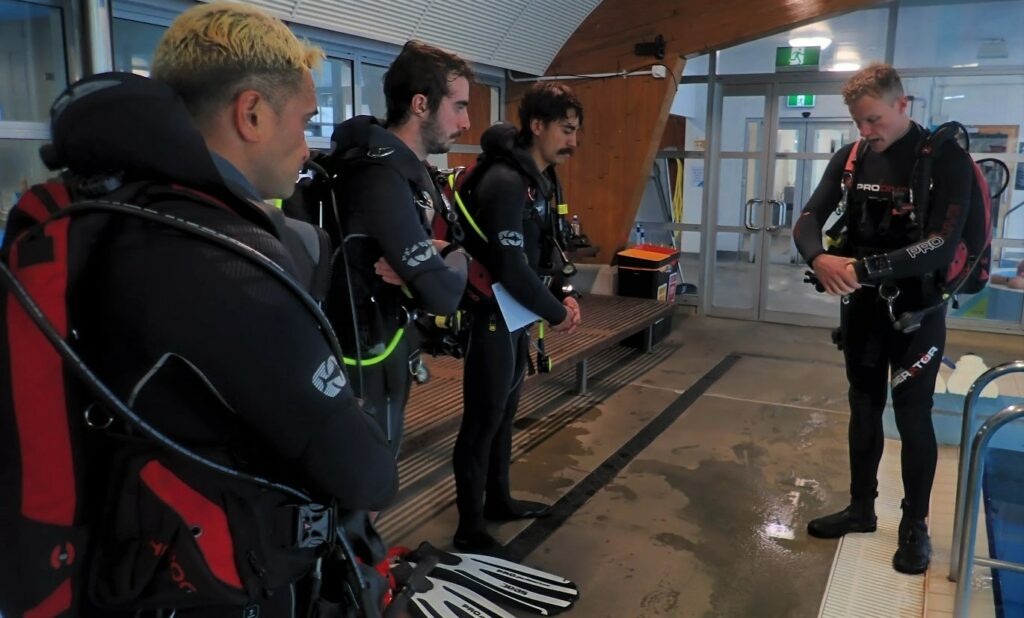
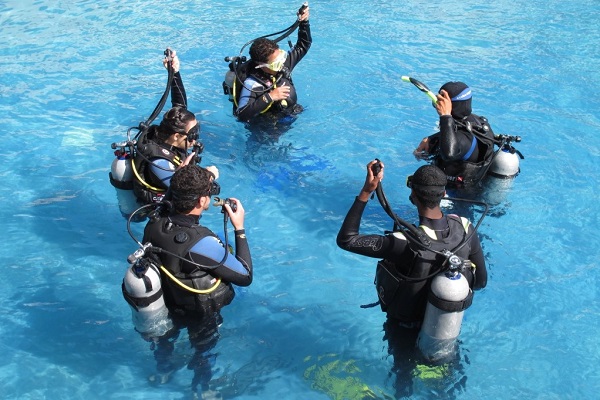
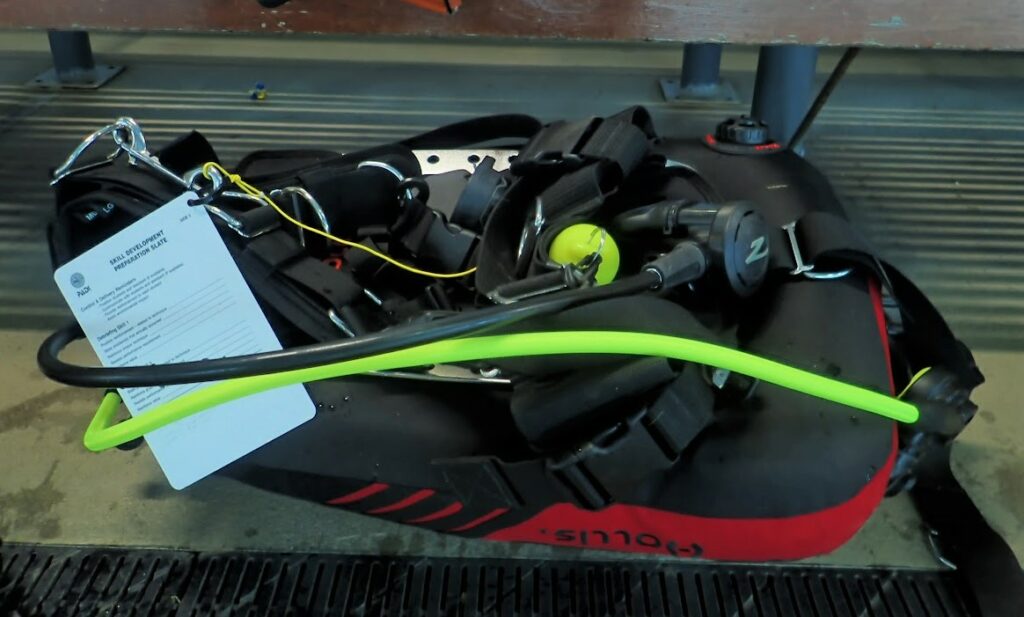
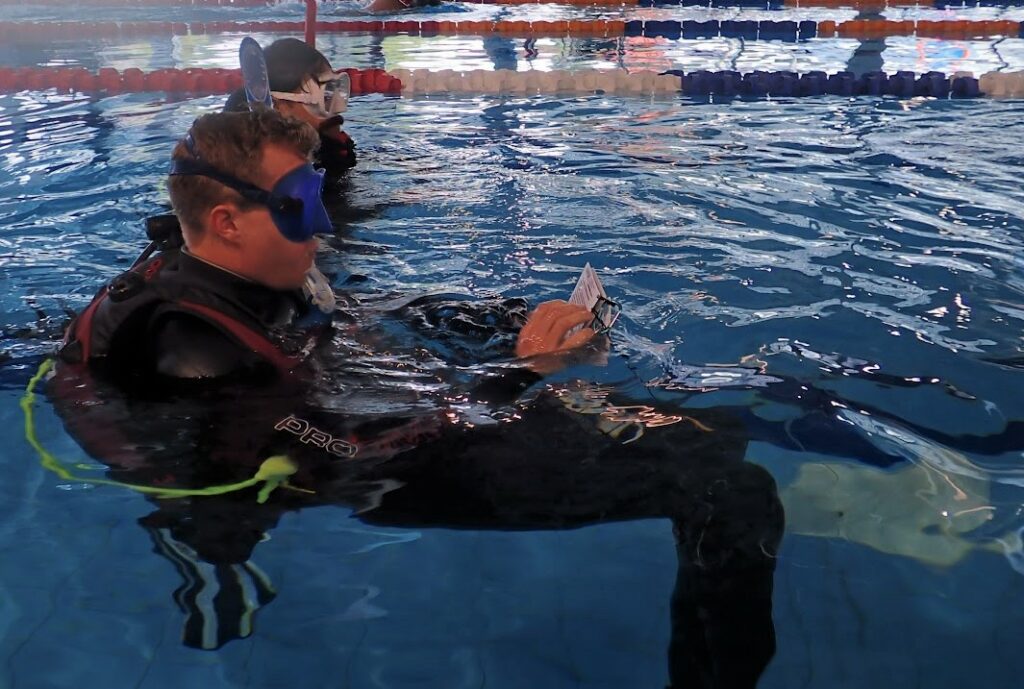
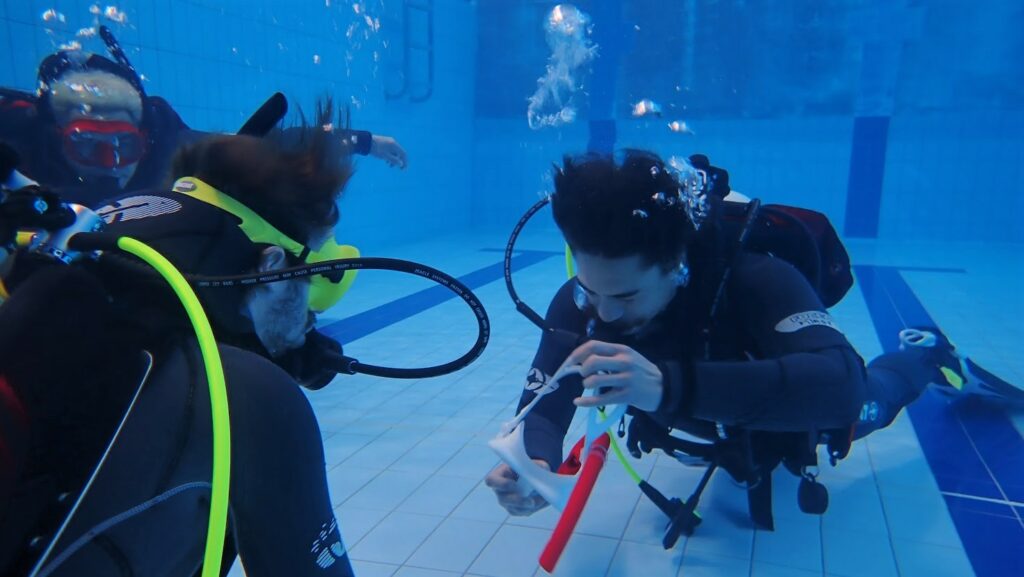
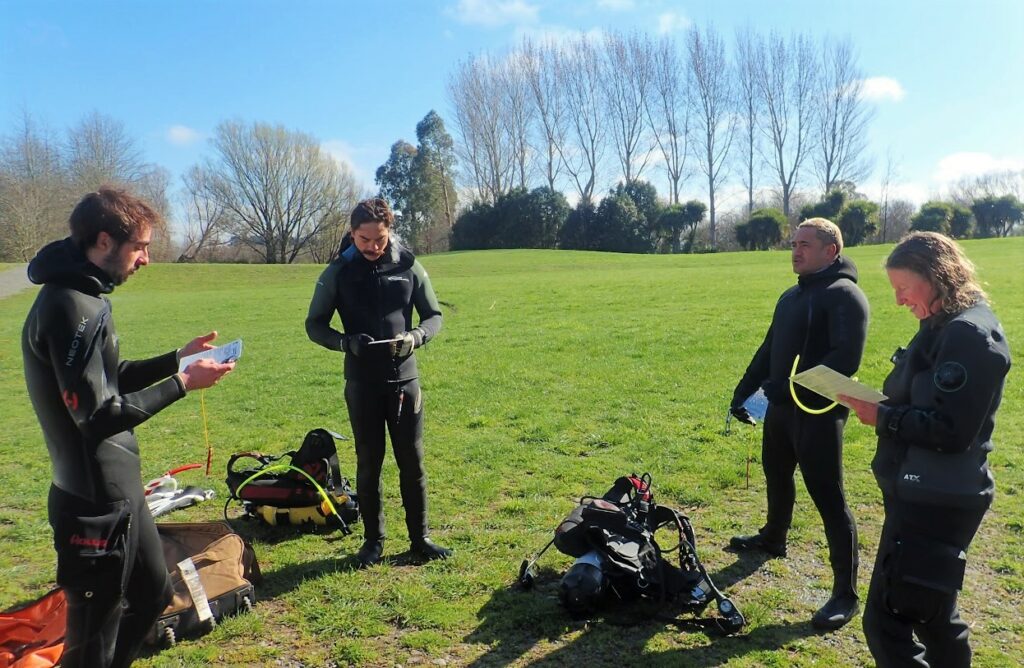
To prepare for these assessments your course director and staff instructor will spend weeks repeating mock exams and skill teaching sessions. You will end up practicing all the different sets of skills every day until we could comfortably teach any skill for the courses we will be qualified to lead.
Now that I’ve shown you what it takes, I’ll now say my personal thoughts on the IDC. In all honesty, it was a pretty great life experience. Learning all the theory about how a particular piece of equipment works and then the very next day going out and using that piece of equipment and seeing it functioning as you learnt is very special. Coming out with a qualification in the industry I have always wanted to work in and a lot of new knowledge was, in essence, life changing. If you want to make diving your career, and realise your passion for the activity, I highly recommend partaking in a PADI IDC.
Dive HQ Wellington will be running an IDC through October ready for the PADI Instructor Examination in early November,. So if you want to live the dream and become an Instructor for summer let us know.
Max Te Moananui
PADI Specialty Instructor
